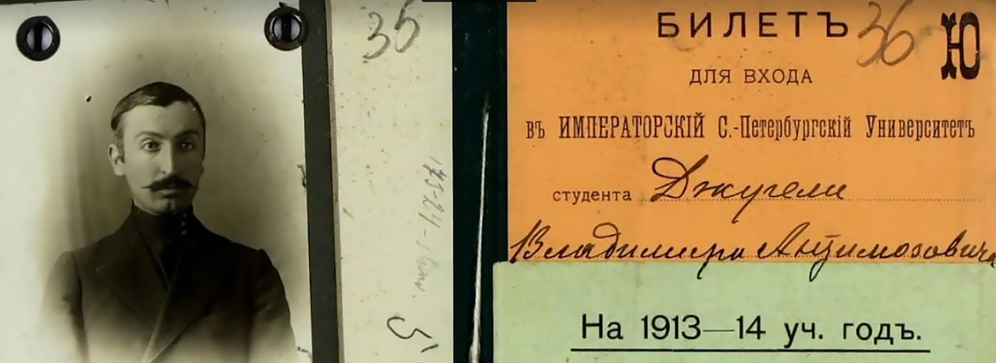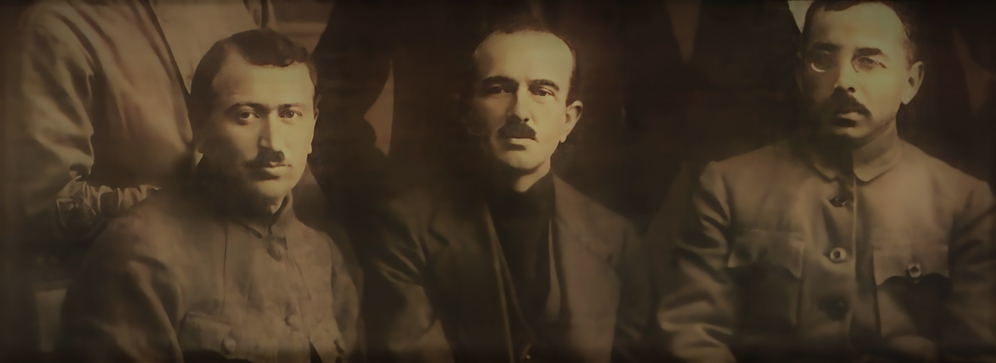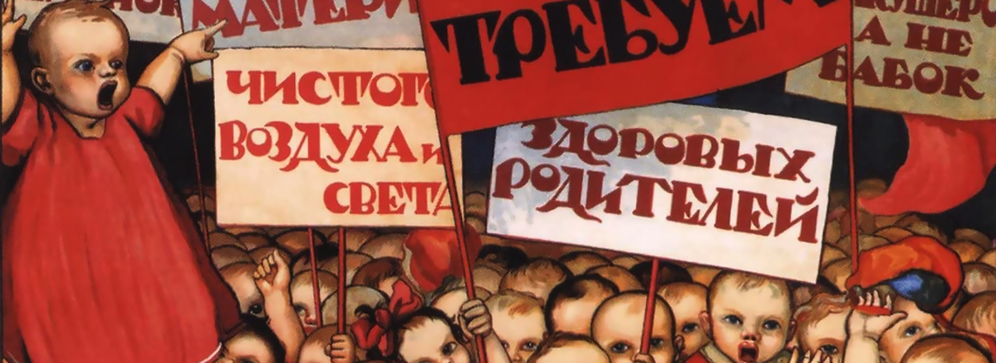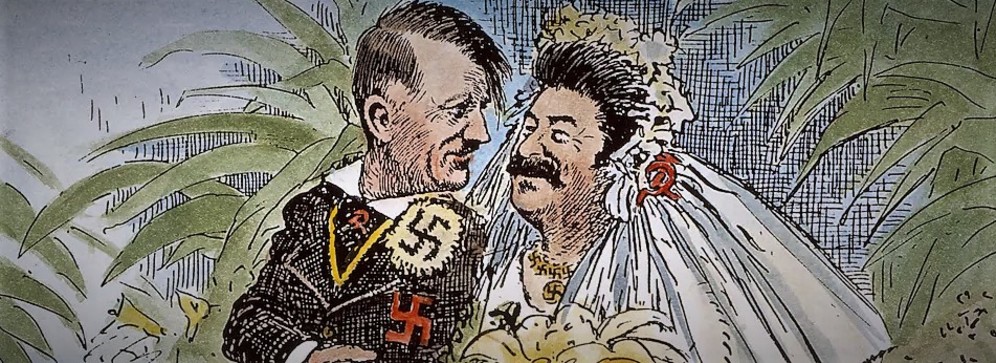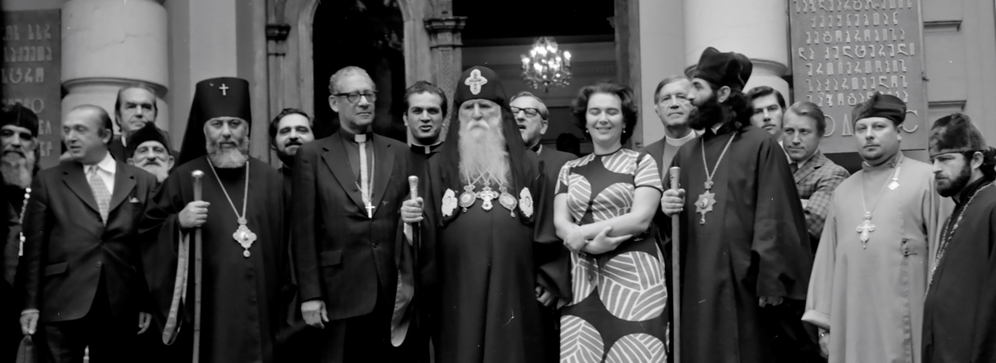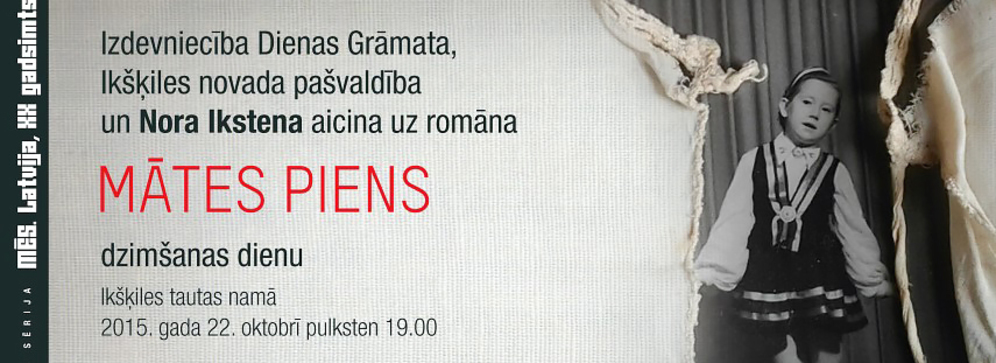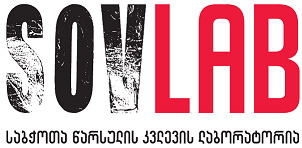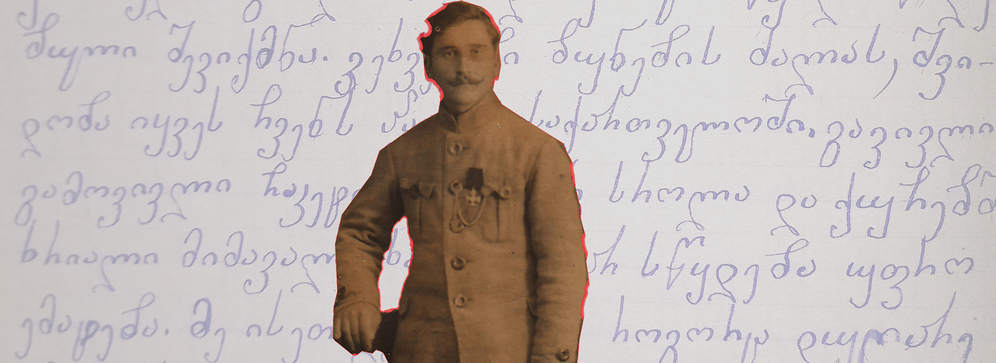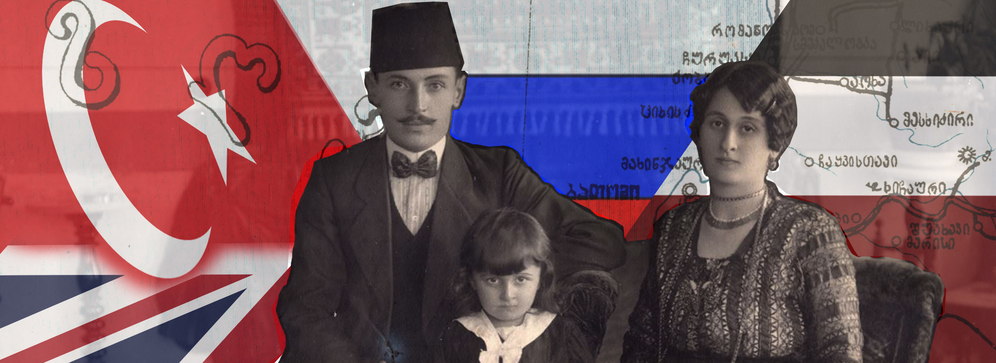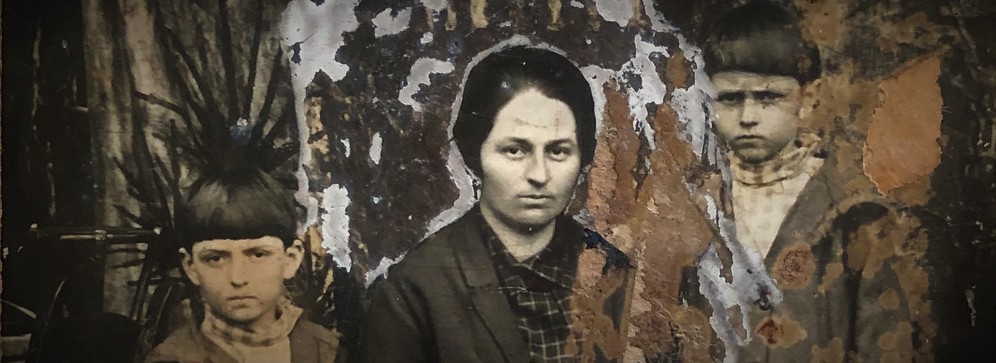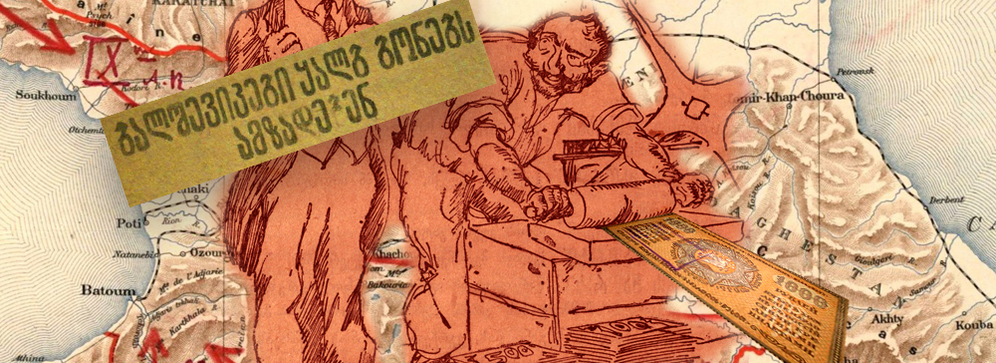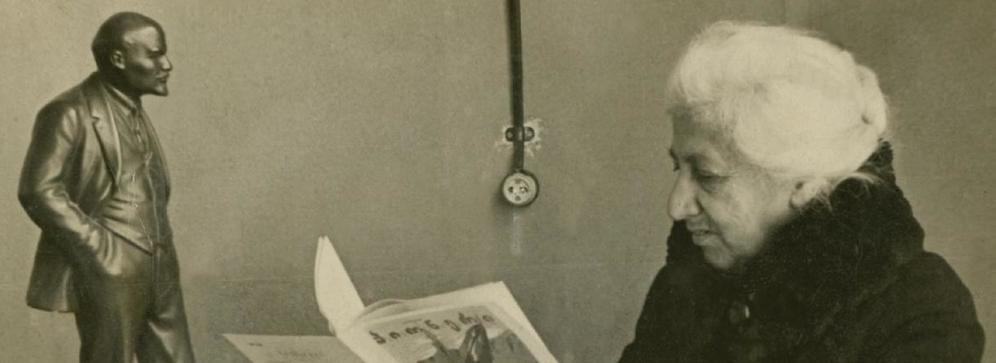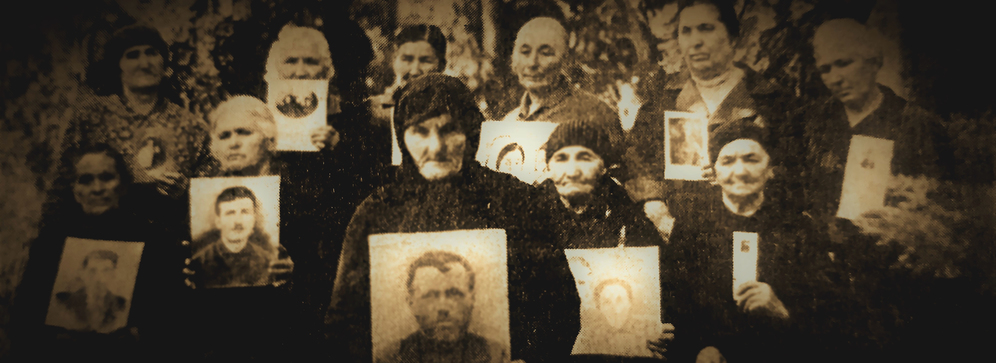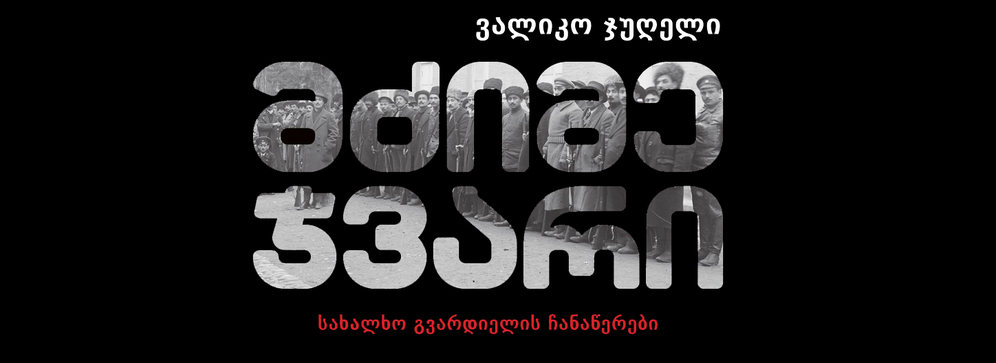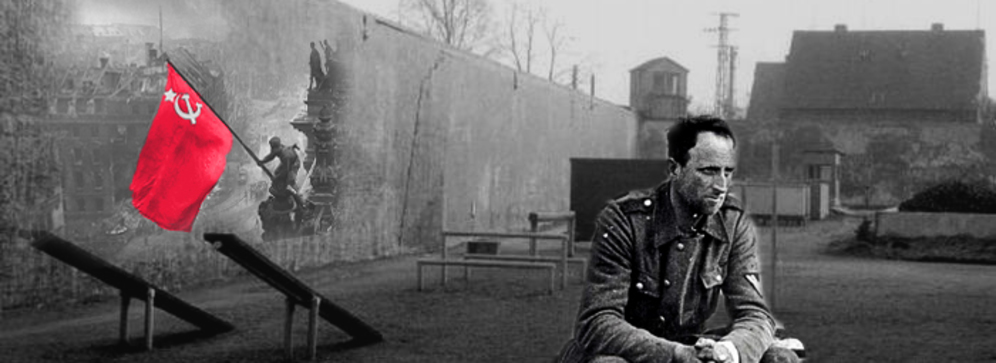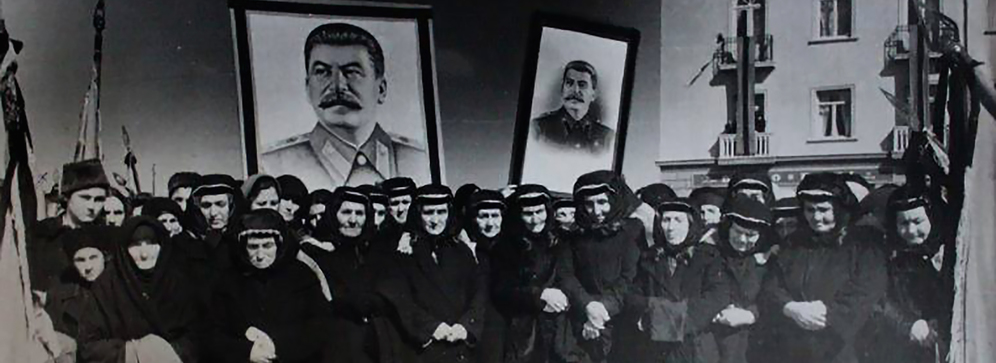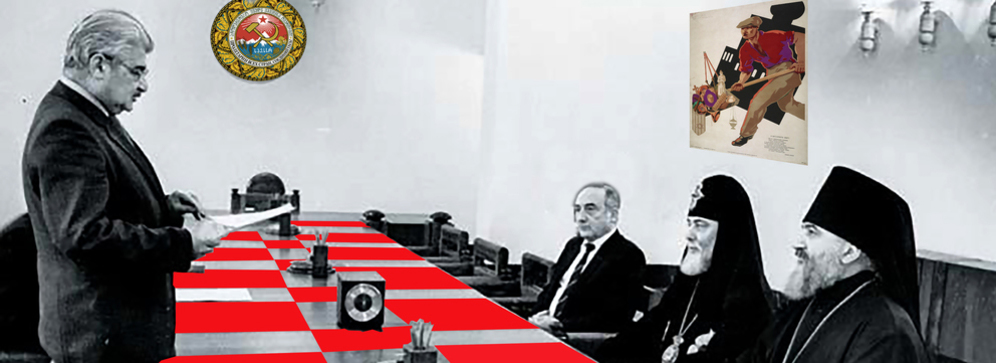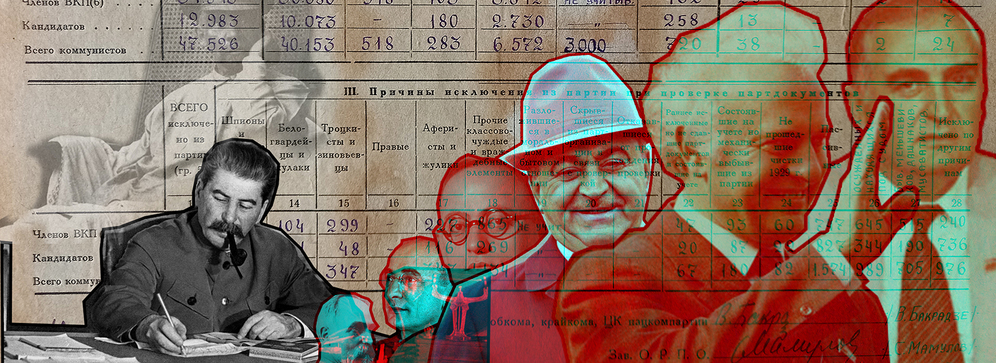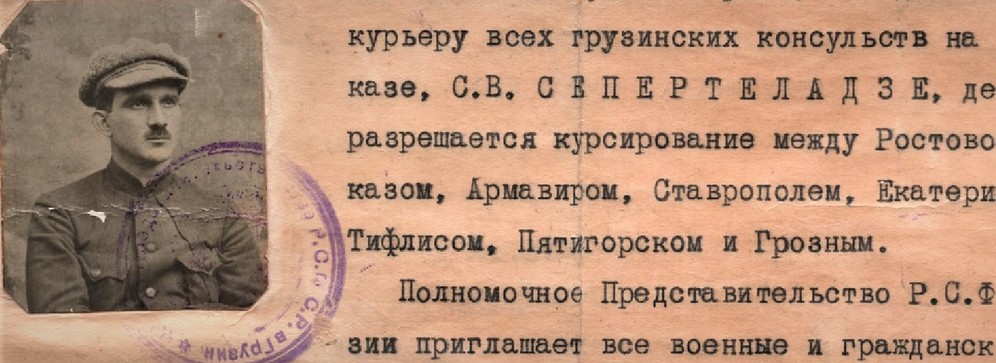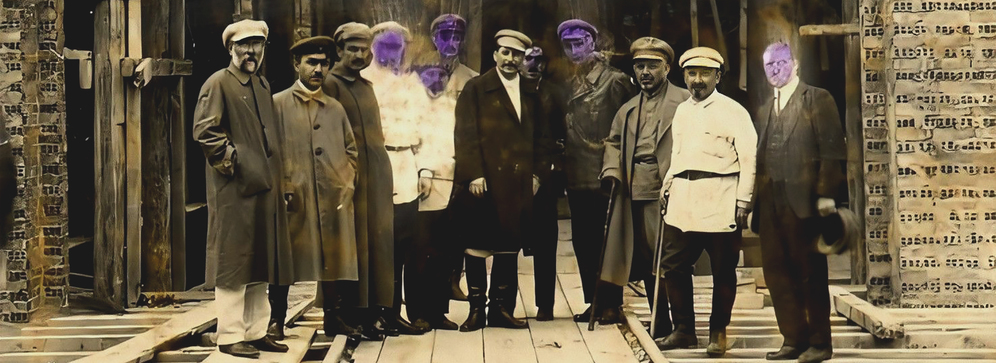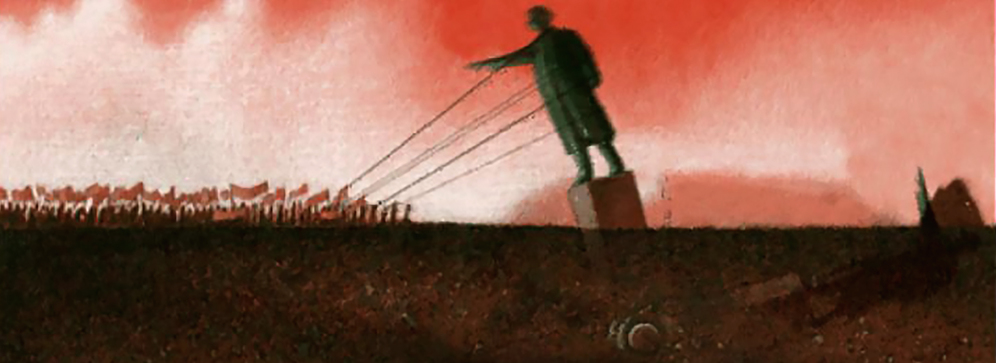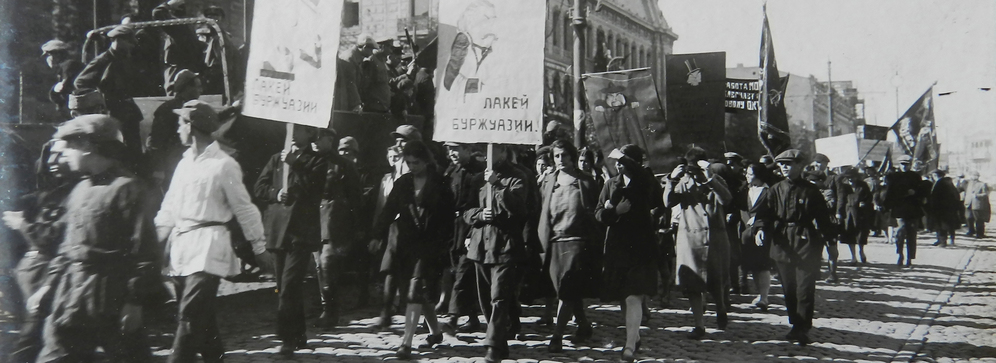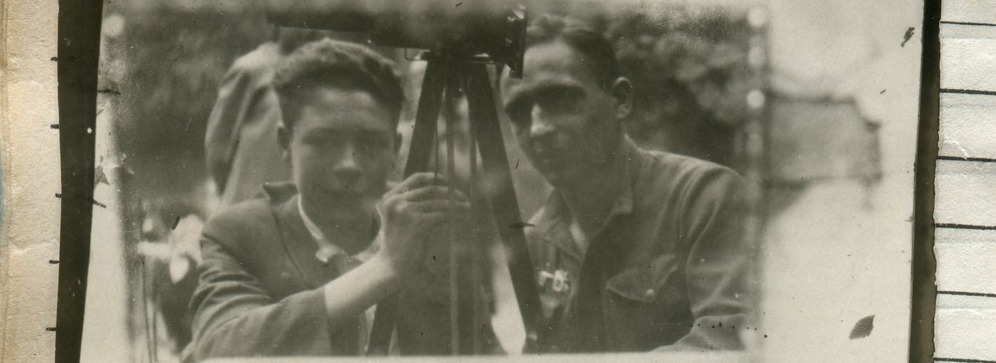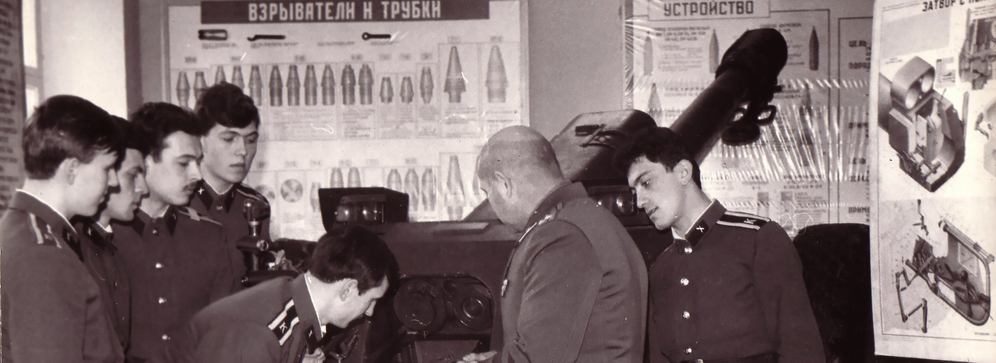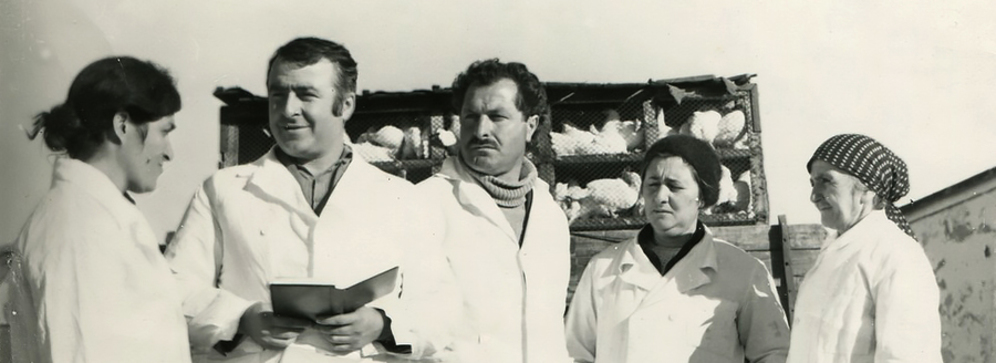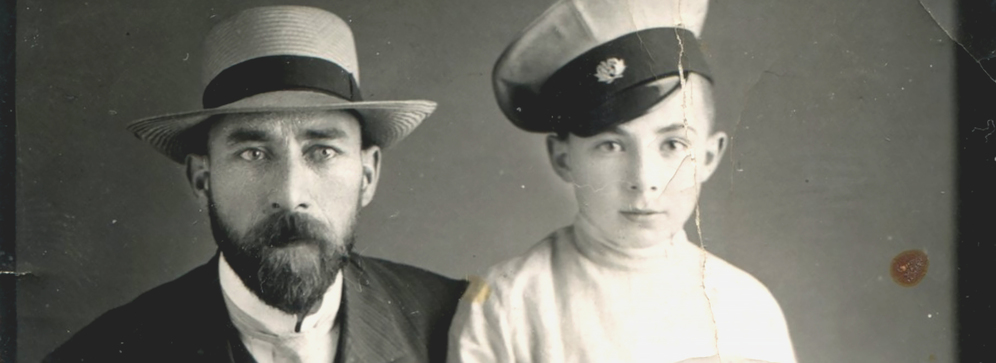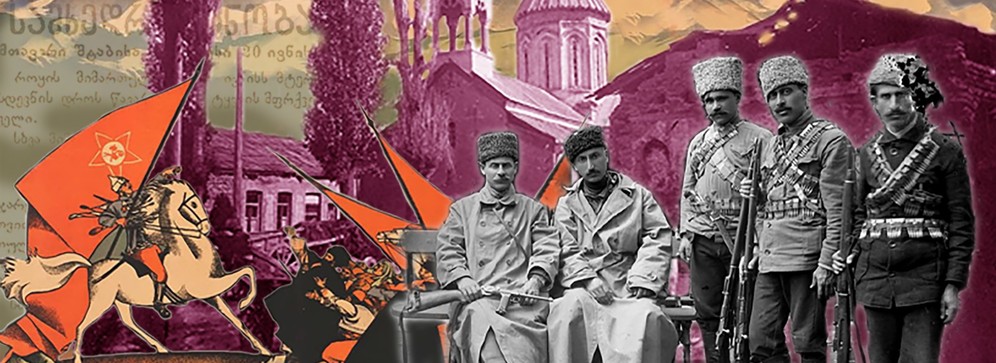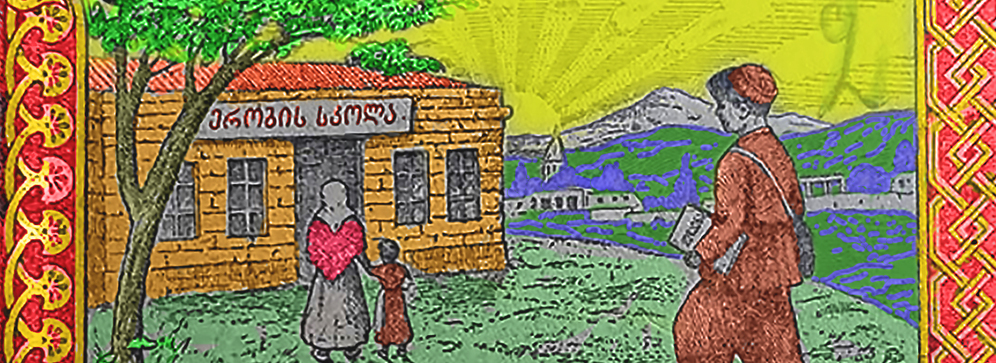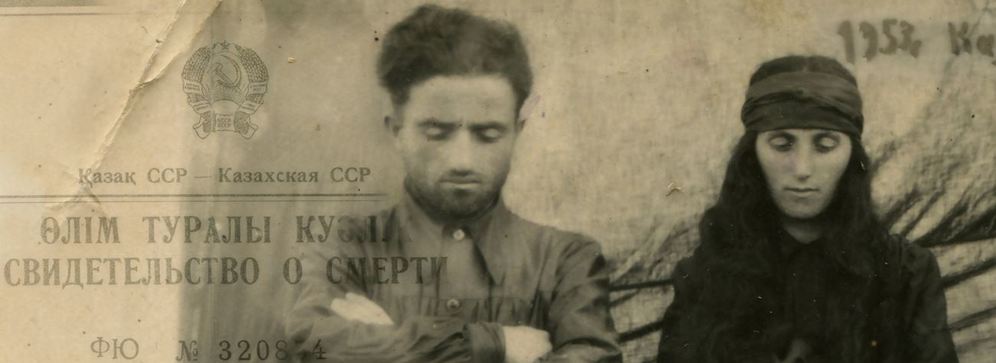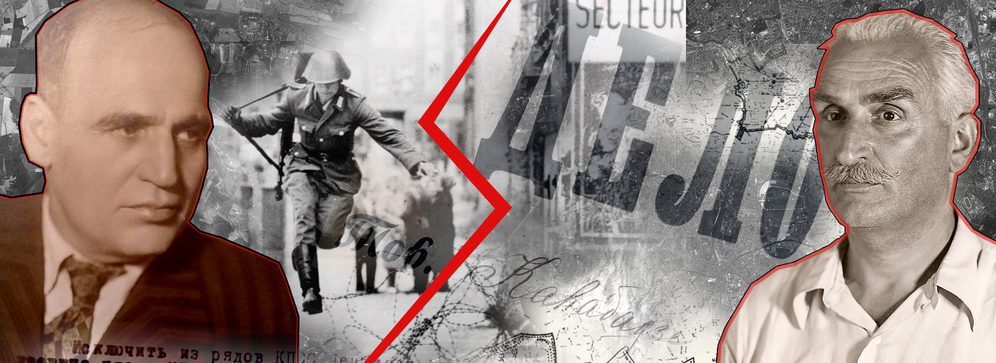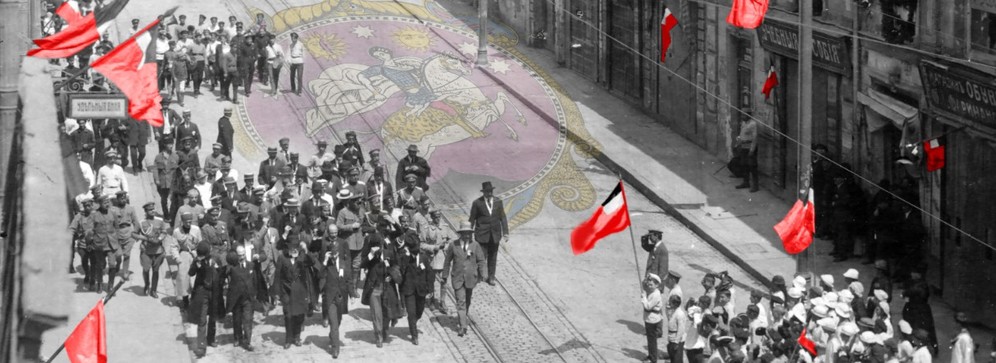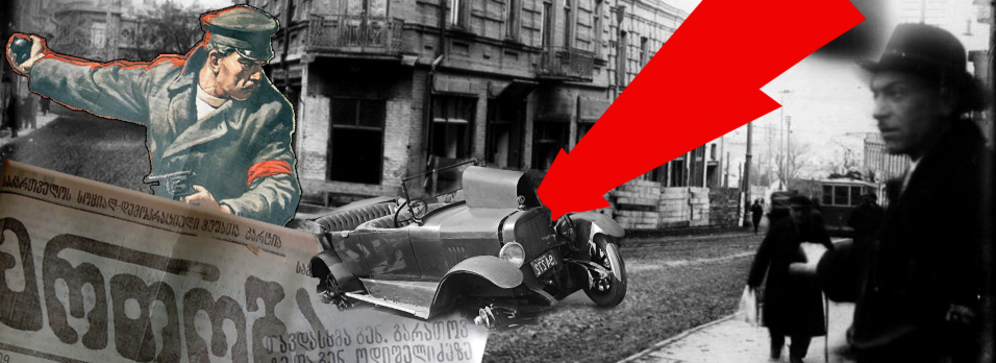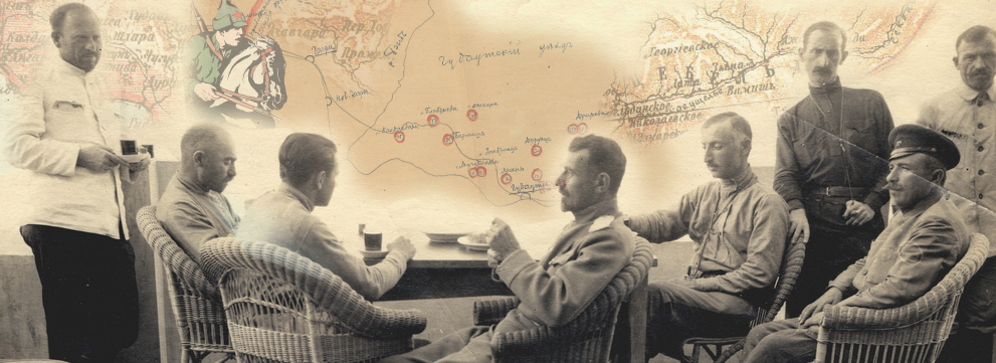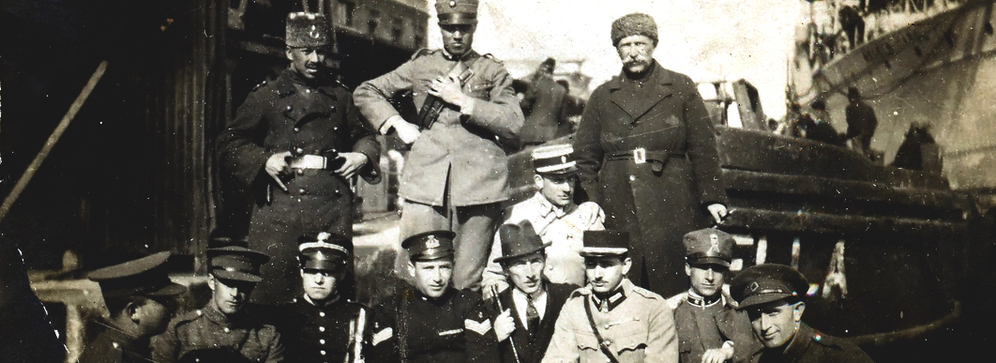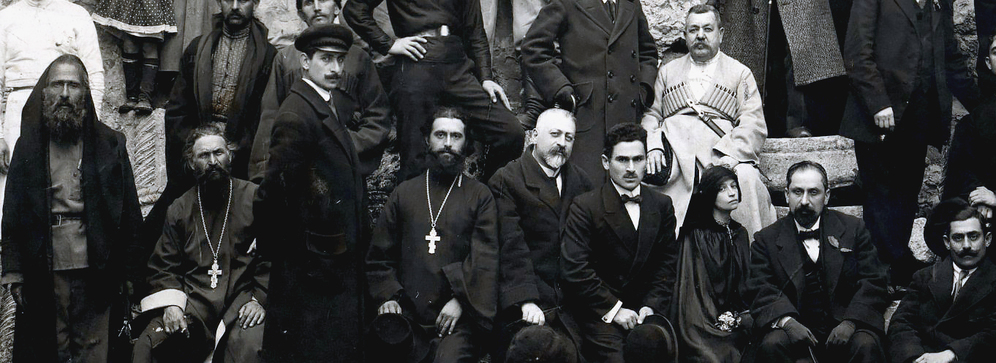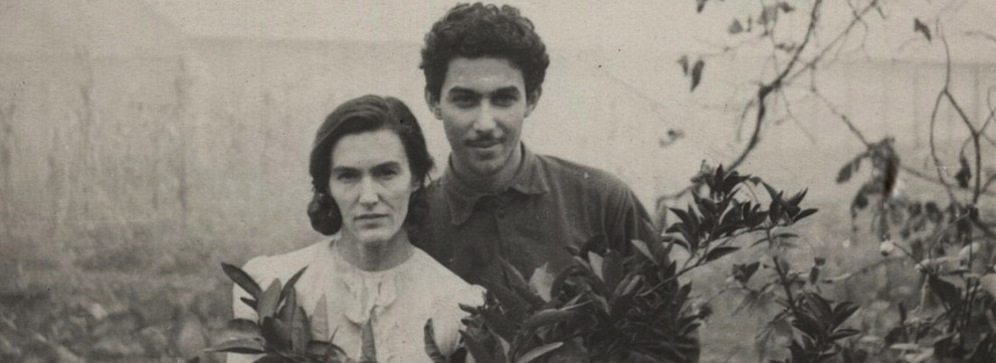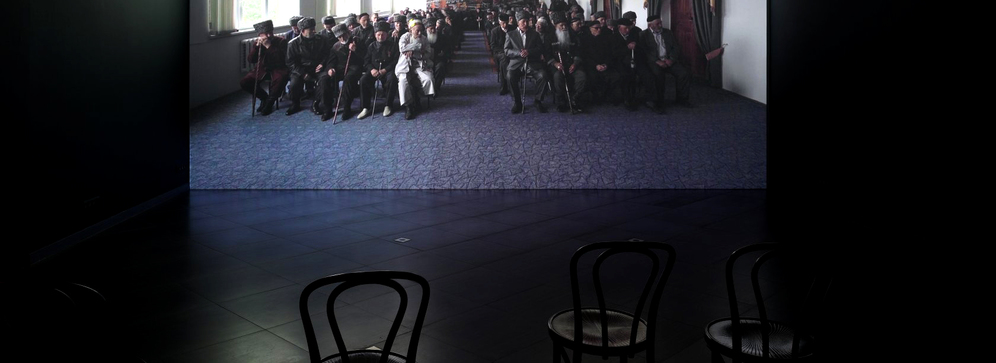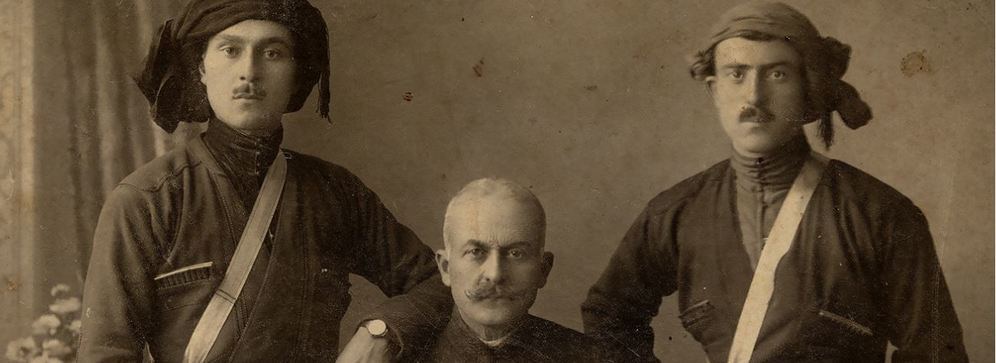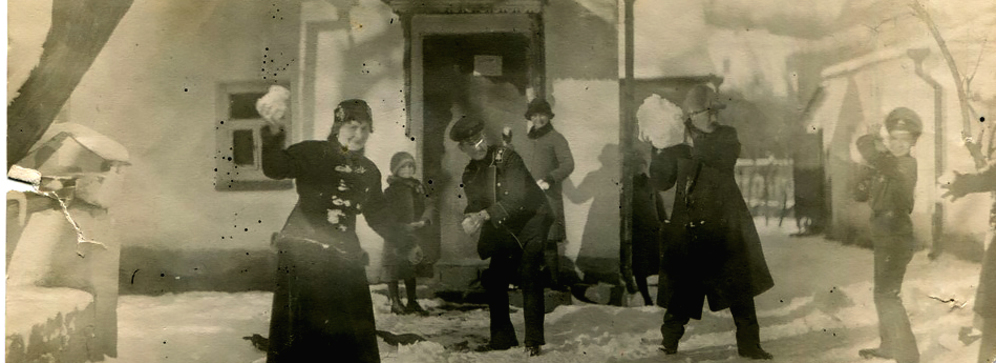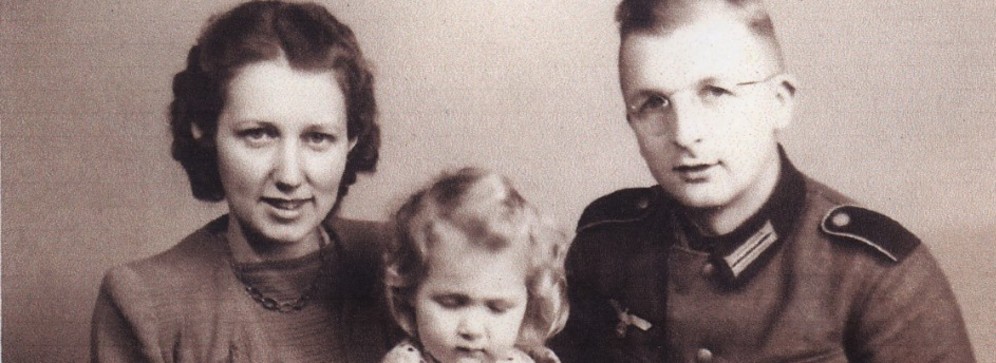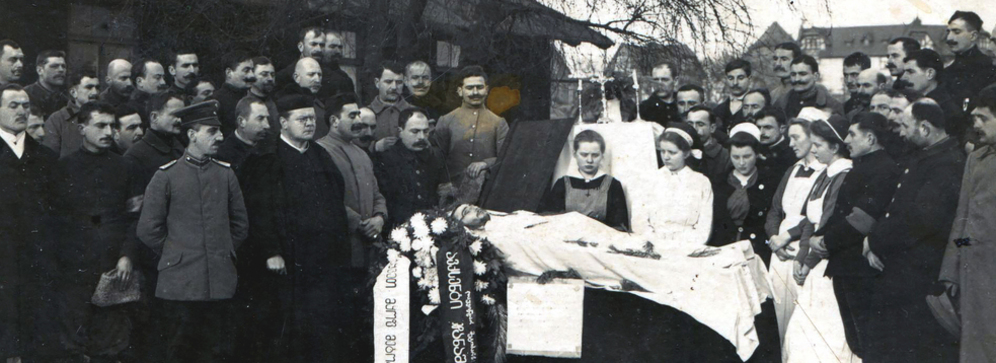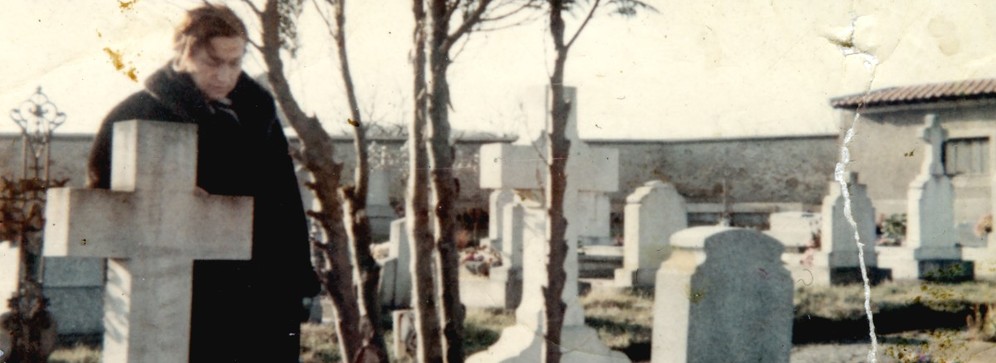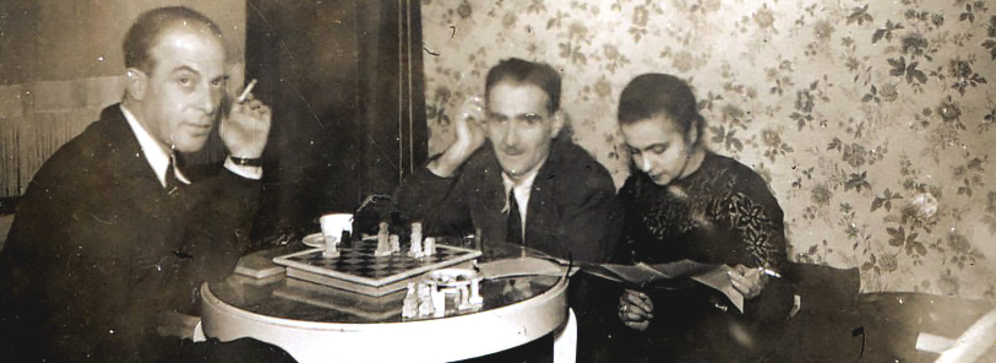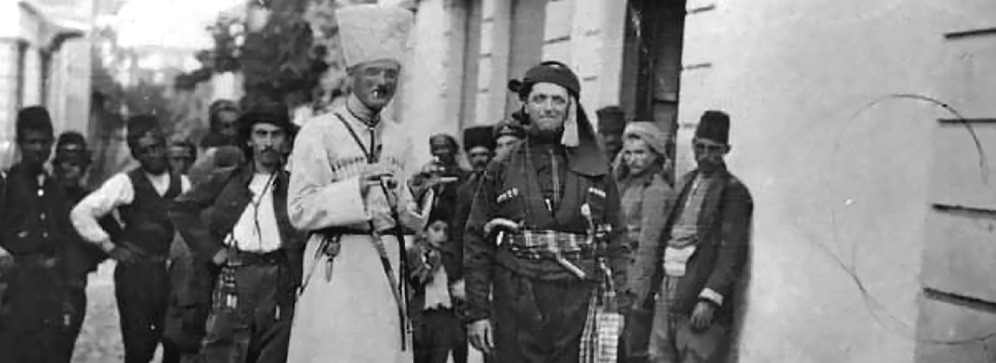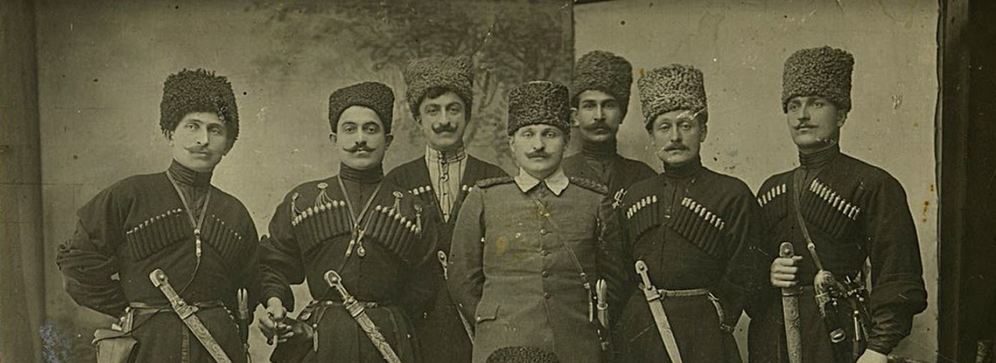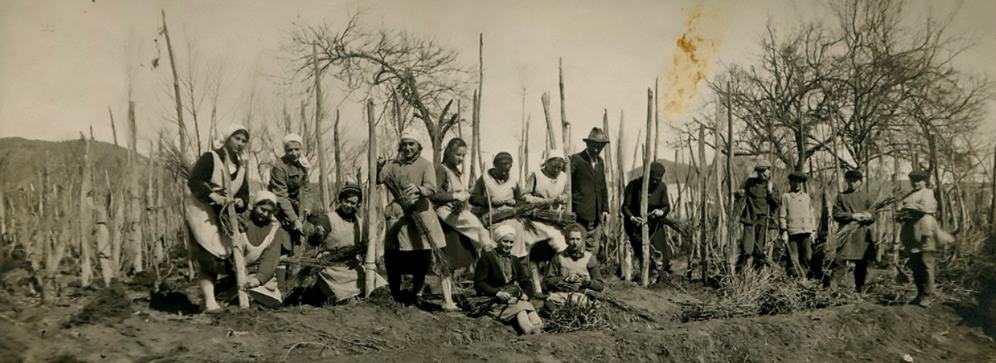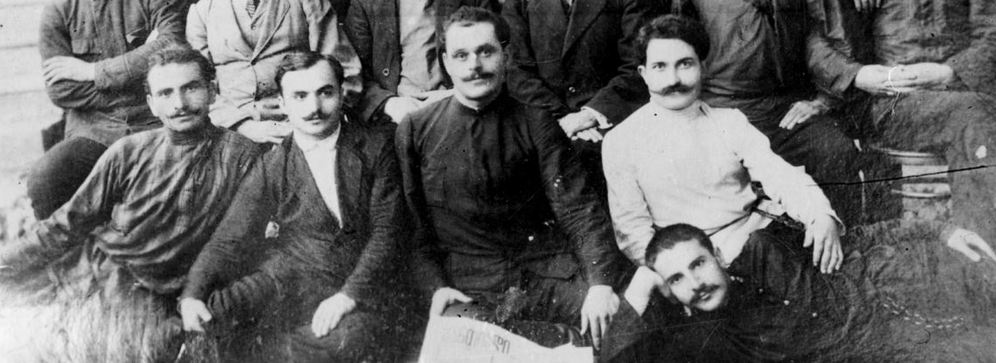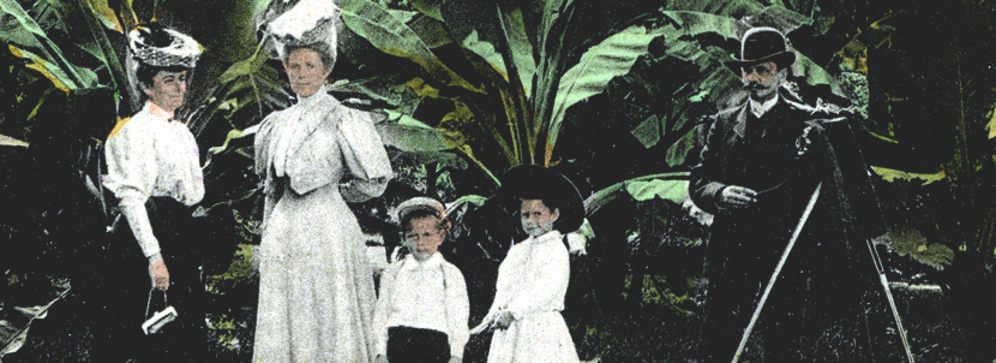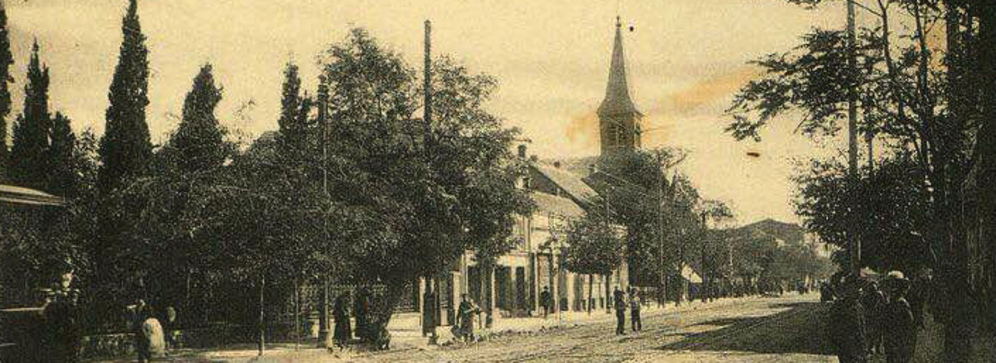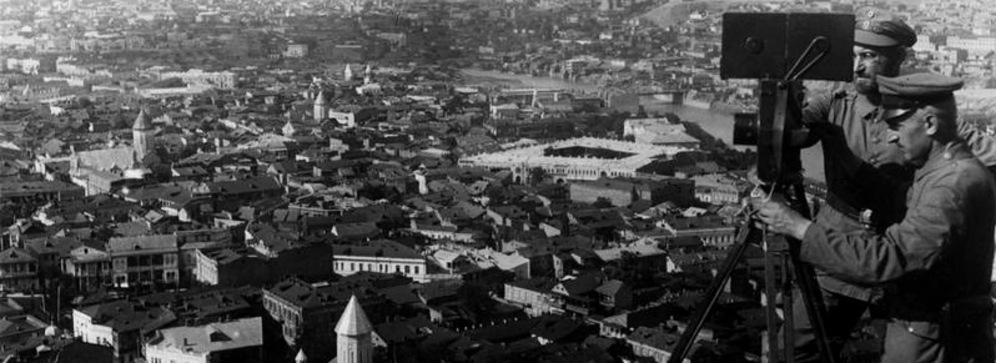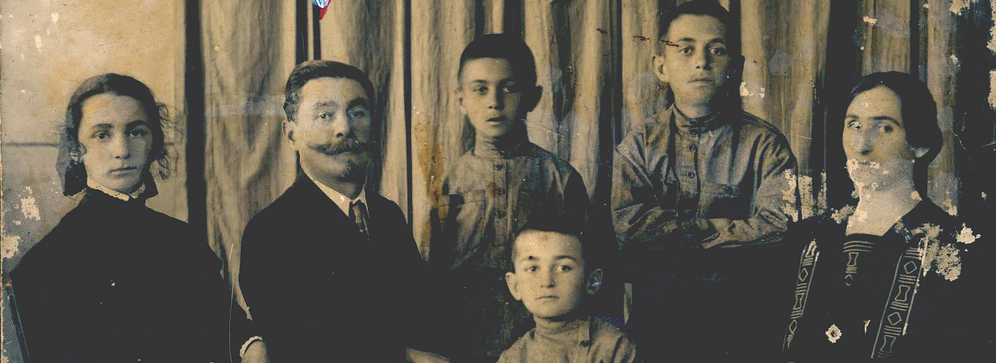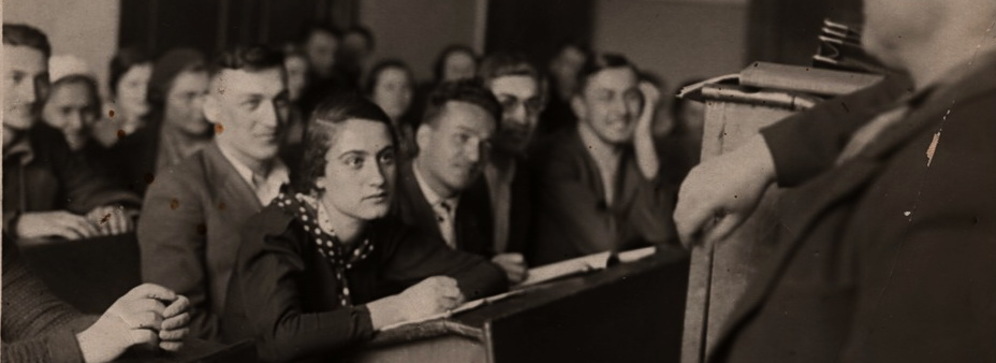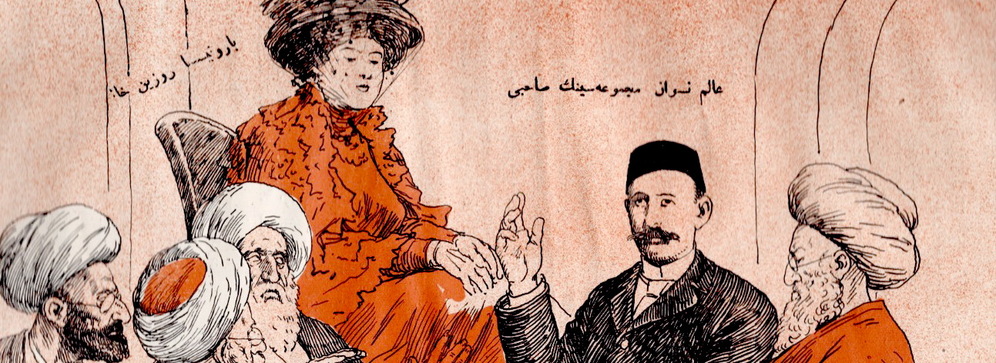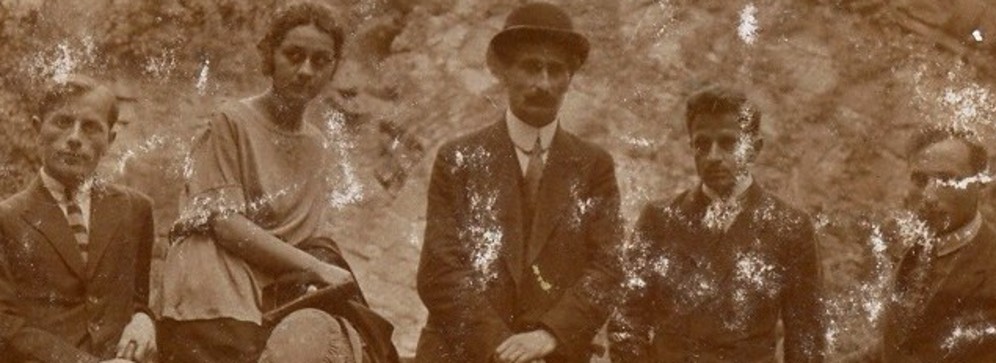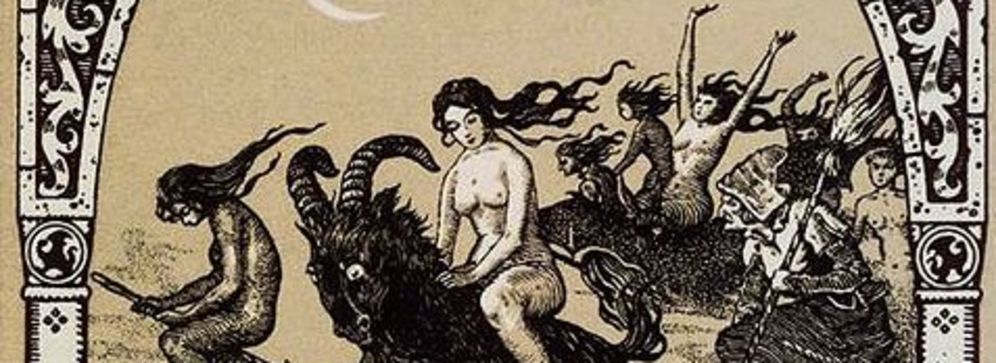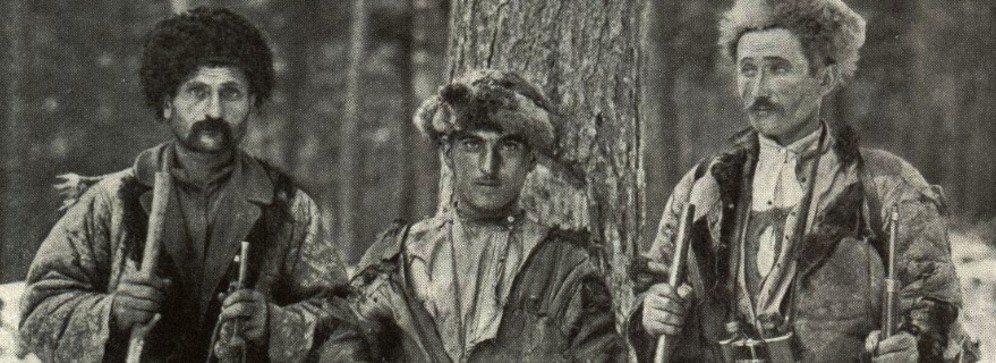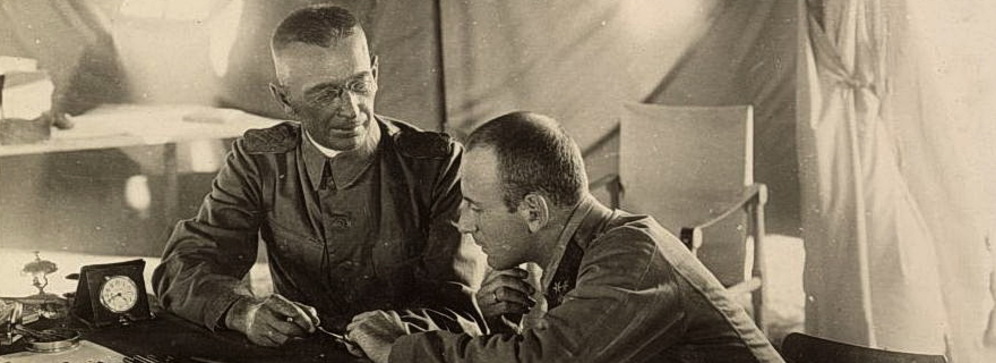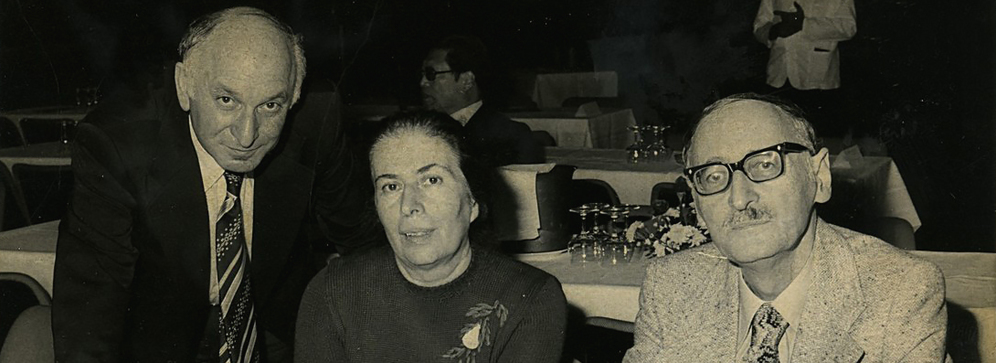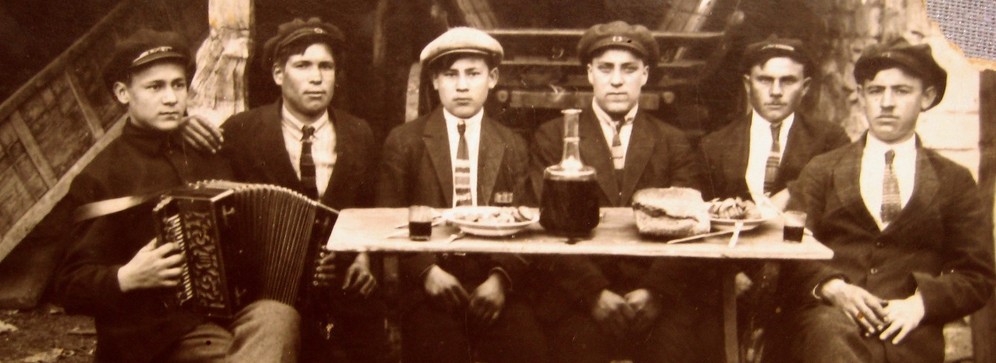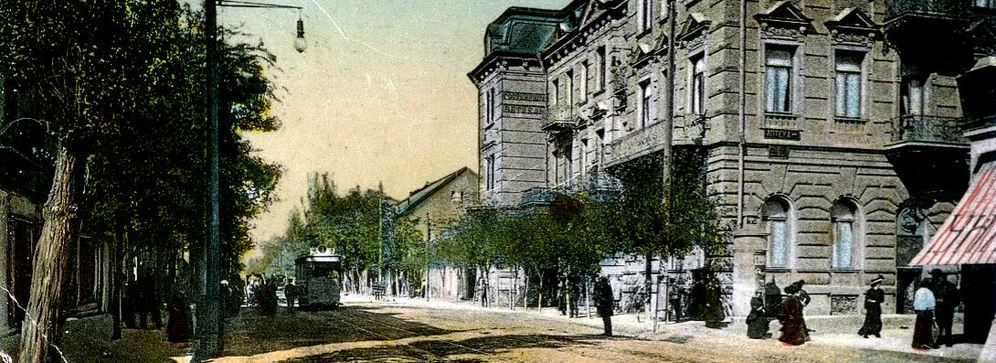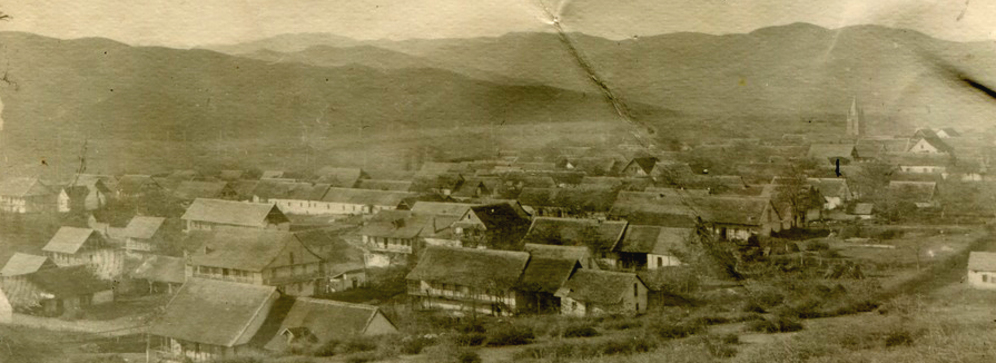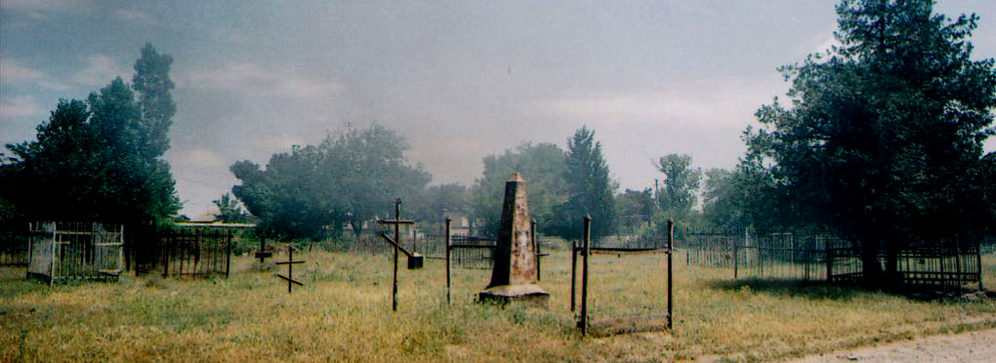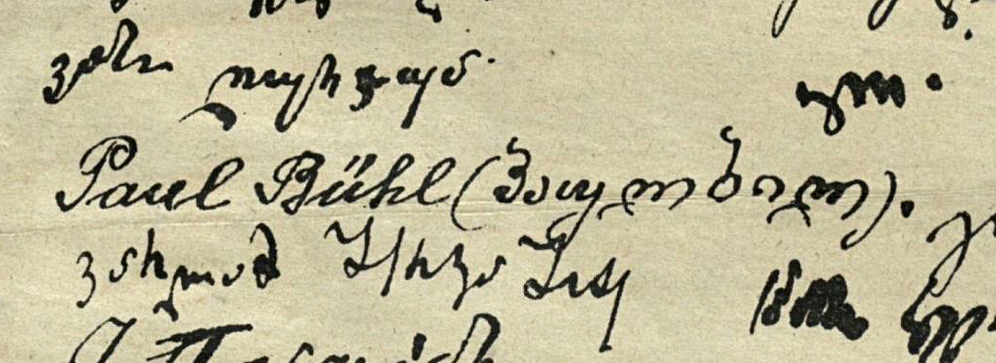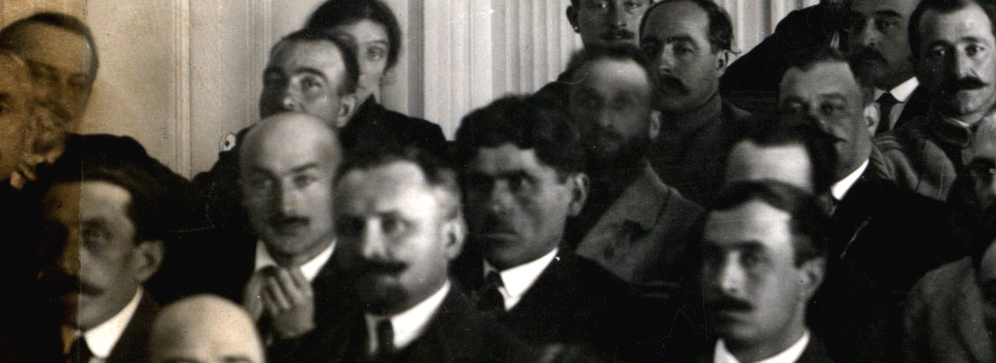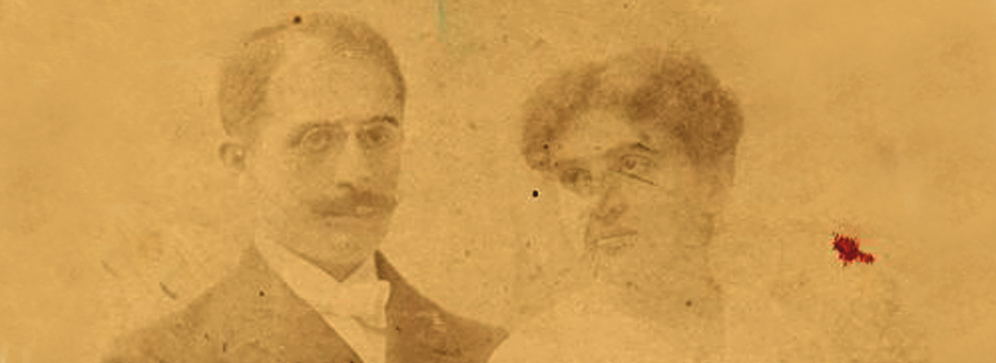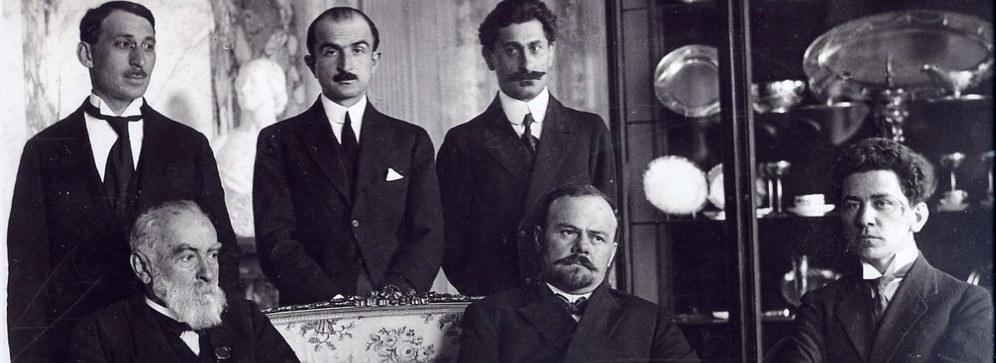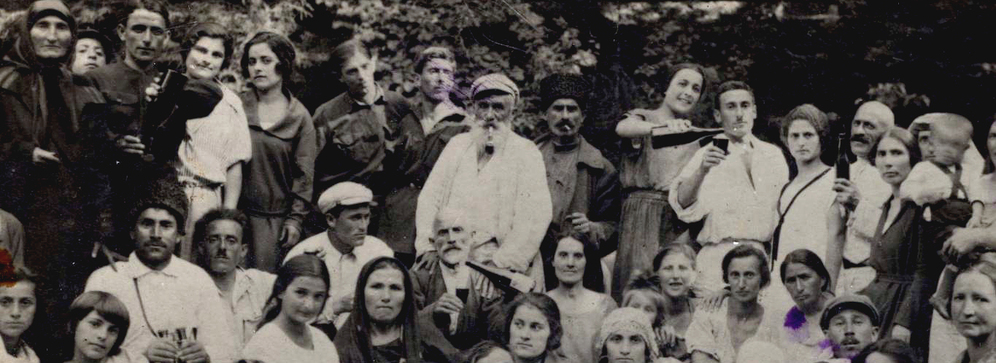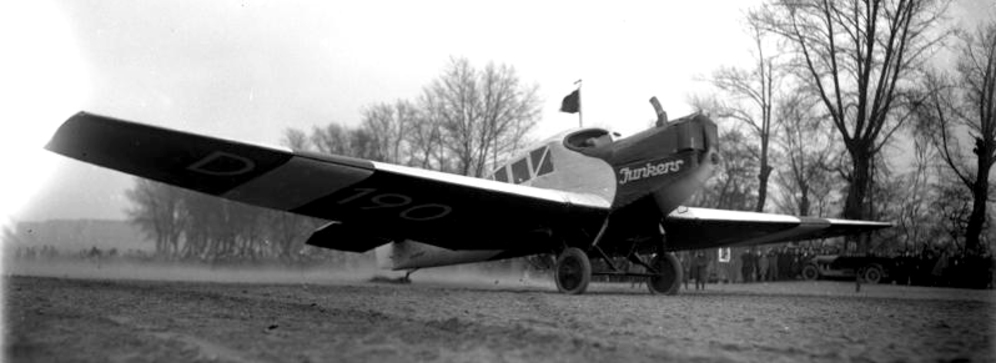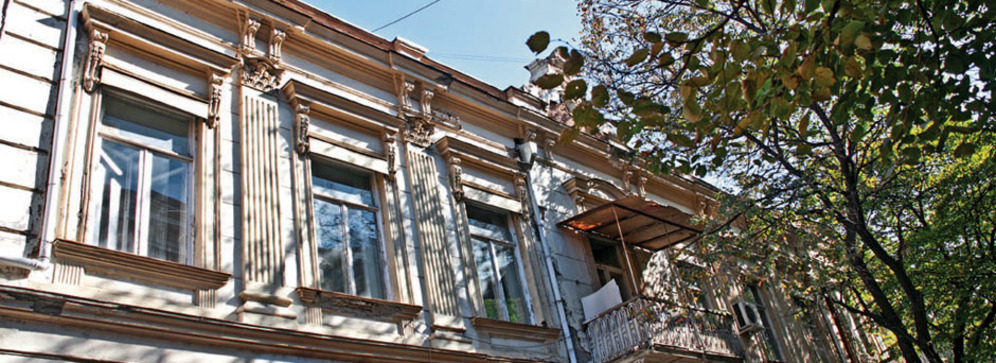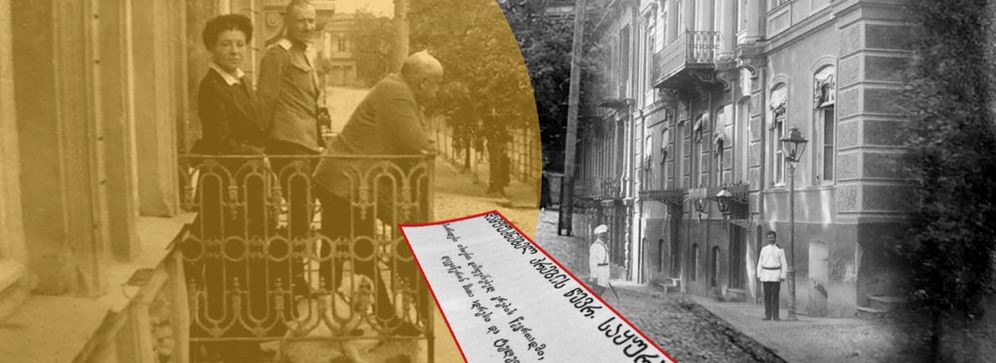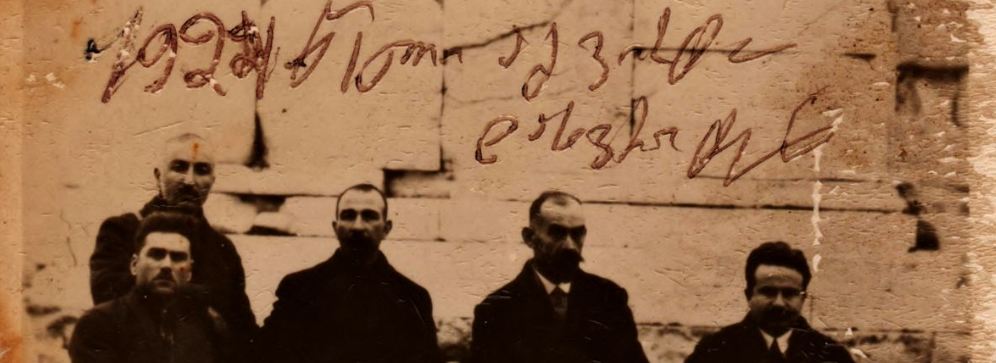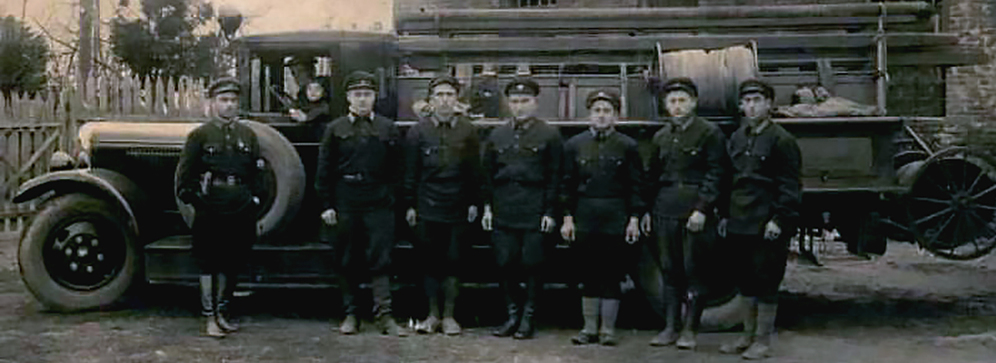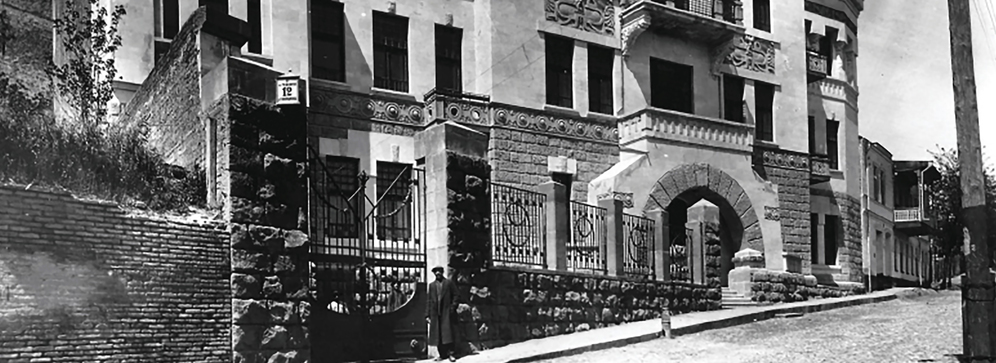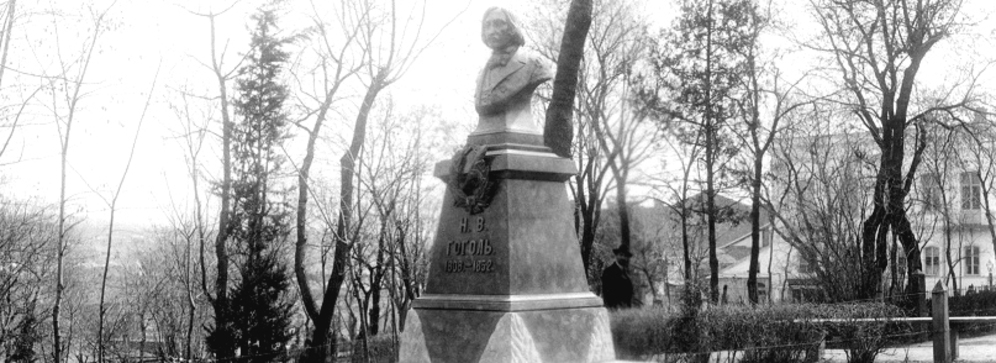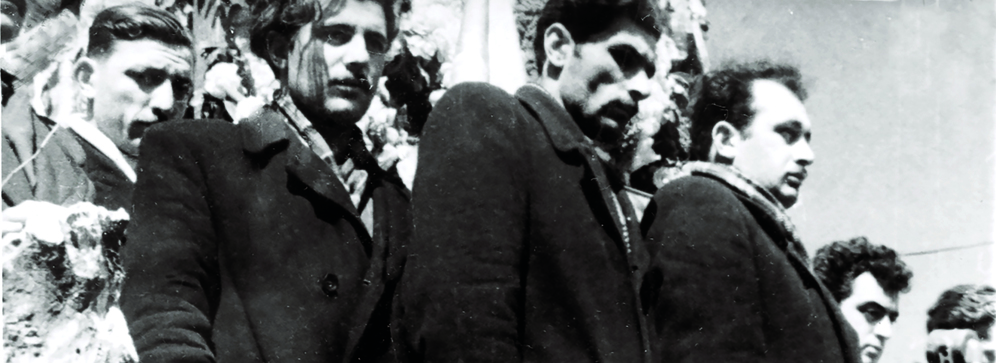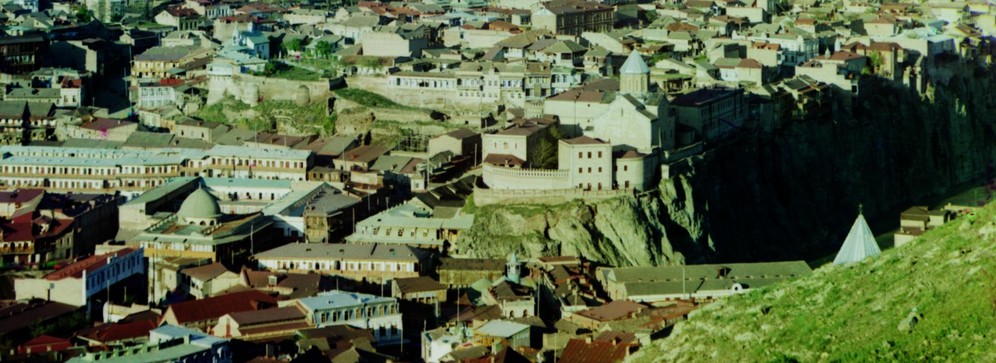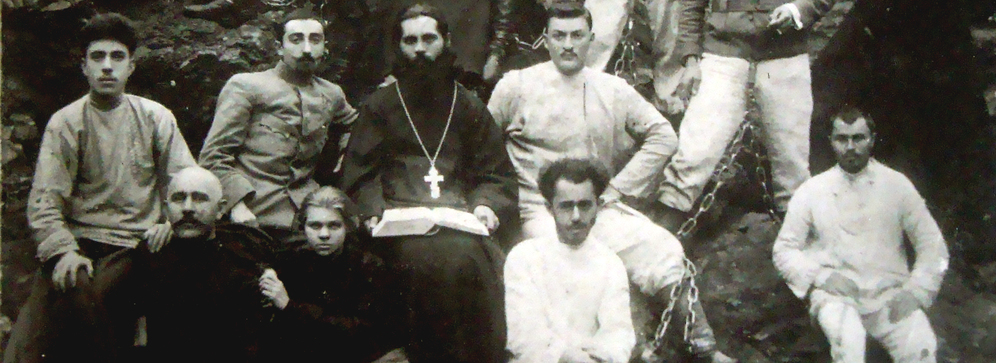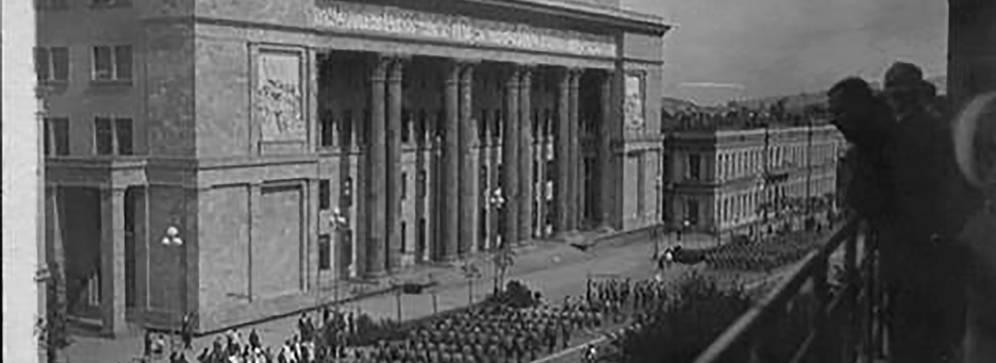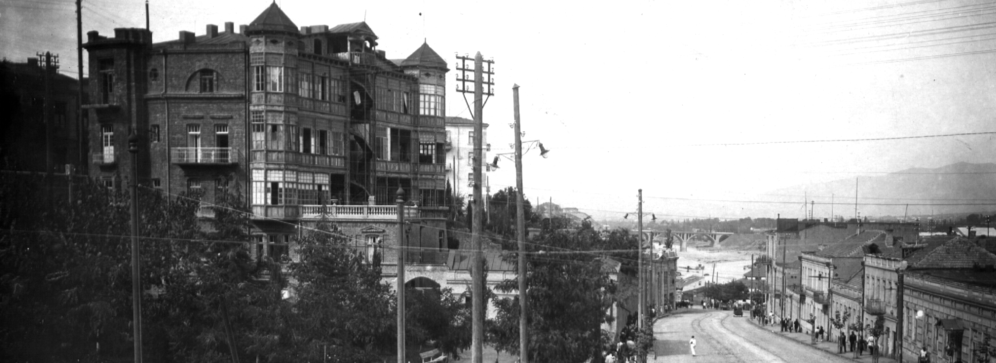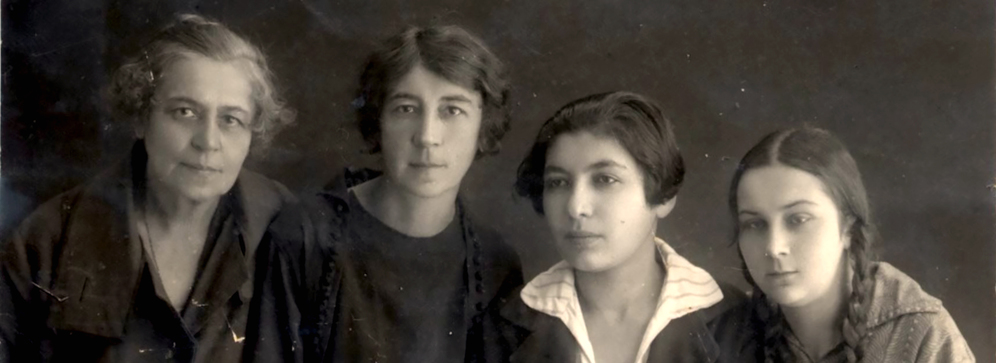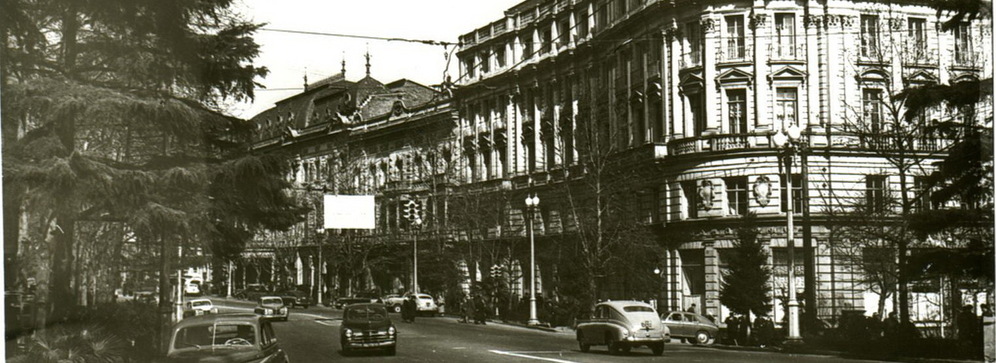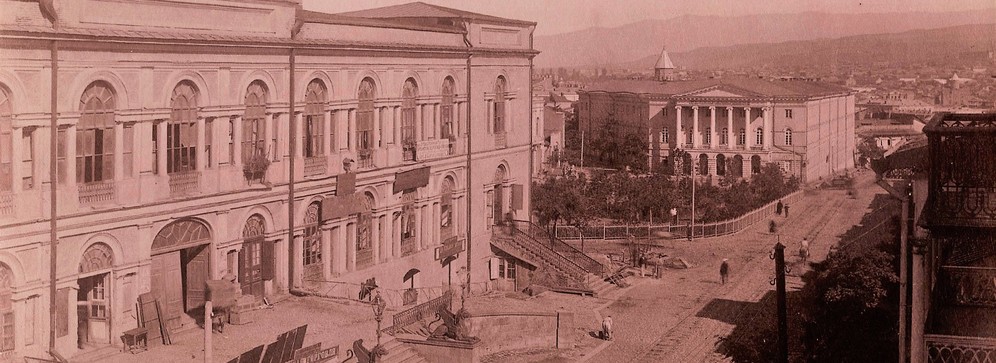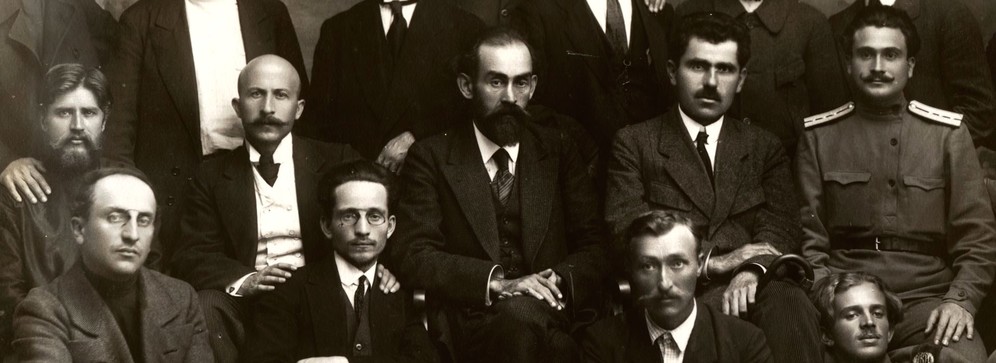
The memory and public discourse concerning Abkhazia have predominantly focused on a limited number of "fundamental" narratives that were firmly established during the Soviet era and are deeply ingrained in both occupied Abkhazia and the Russian Federation in relation to Abkhazia. The Russian Federation's approach towards Abkhazia has consistently relied on these narratives, both during the 1990s as well as today.
As a result of “folklorization” of nationalism carried out by the Soviet Union, the suppression of the memory of Georgia’s democratic statehood and the prevalence of ethnic nationalism in the 1980s and 1990s, a reactive ethno-nationalist perspective also prevailed in Georgian discussions about Abkhazia. Historians and politicians were primarily concerned with proving which ethnic element dominated Abkhazia in which century. Often these discussions would degenerate into disputes on ethnic composition of Abkhazia thousands of years ago, pushing the public into pre-modern dimension.
This paper focuses on three main views/myths/narratives about Abkhazia that dominate the discourses on Abkhazia in occupied Abkhazia, Russia and Georgia itself:
- The pre-1921 struggle of the Abkhaz Bolsheviks against the Democratic Republic of Georgia was simultaneously a national liberation struggle of the Abkhaz people against the Georgian oppression, and must be seen as such from a contemporary perspective. The leader of this struggle, Nestor Lakoba, is also one of the founding fathers of modern Abkhazian statehood. In the same context, it was this struggle that defined the political processes that preceded the establishment of Soviet power, with ethnic divisions at the center of events.
- The "establishment of Soviet power in Abkhazia" is undoubtedly a positive event in the context of the liberation of the Abkhazian people from Georgian oppression, and it took place as a result of a "popular uprising". According to the same narrative, the Red Army played a complementary and not a decisive role in this process.
- Steps taken by Soviet leaders Joseph Stalin and Lavrenti Beria in relation to Abkhazia (such as the downgrading of Abkhazia's legal status within the Soviet Union and Beria's possible assassination of Nestor Lakoba) are manifestations of Georgian chauvinism for which the Georgian state is to be held responsible. The allegation that Beria resettled several thousand people from West Georgia to Abkhazia in the 1930s, which allegedly had a decisive impact on Abkhazia's demographics, should be seen in the same context. The ethnic cleansing of Georgians in Abkhazia in 1993 is therefore a correction of this historical injustice. The continued presence of the Russian occupation forces in Abkhazia is necessary to prevent Georgia from repeating this historical betrayal.
This paper analyzes the situation in Abkhazia until the collapse of the Russian Empire in 1917 and explores all key political, legal, and military developments leading up to 1921. The purpose of the paper is to initiate discourse on these three fundamental narratives in both public and academic domains, with the intention of reevaluating fragmented memory and entrenched dogma that have arisen as a result of and during the long-lasting Soviet regime.
The paper advances three main points:
1. Ethnic divisions were not at the center of the political processes in Abkhazia in 1917-1921. The Bolshevik organization active in Abkhazia during this period against the Democratic Republic of Georgia did not have an ethnic character. Its leaders were both Georgians (Isak Zhvania, Severian Kukhaleishvili, Amberki Urushadze) and Abkhazians (Ephrem Eshba, Nestor Lakoba). At the same time, the political and security institutions of the Democratic Republic of Georgia in Abkhazia were often headed by ethnic Abkhazians (Arzakan Emukhvari, Varlam Sharvashidze, Grigol Zukhvbaia, Taraskhan Eshba, Vasil Gurjua).
Therefore, the political struggle in Abkhazia during this period evolved primarily not around ethnic, but political lines. Between Soviet Russia and Bolshevism on the one hand, and the Democratic Republic of Georgia and the republican, democratic order on the other. One, but certainly not the only, example of this was the military confrontation between the Red Guards of the Transcaucasian Sejm, led by Valiko Jugeli, on the one hand, and the local Bolshevik "Revolutionary Committee" on the other, in which the local Bolshevik force was made up of local Georgians, while the local Abkhaz offered Jugeli a 300-strong cavalry force as help.
This is evidenced by the fact that no less than five universal, democratic and competitive elections were held in Abkhazia between 1917 and 1921, as a result of which democratic political institutions were established and functioning before the Soviet Russian occupation. Memory of these elections and their political consequences was systematically and successfully erased during the Soviet period. These were the elections to the local self-governments of Sokhumi and Ochamchire in the summer of 1917, the all-Russian Constituent Assembly in November-December of the same year, the elections to the Abkhazian National Council (Parliament) in February 1919, the elections to the local self-government (Eroba) in 1919 and the elections to the Constituent Assembly of Georgia in 1920.
At the same time, the Bolshevik organization active in Abkhazia formed an integral part of the Communist Party of Soviet Russia and acted in coordination with the Bolsheviks in the rest of Georgia with the aim of overthrowing and destabilizing the democratically elected government of Georgia in order to abolish Georgia's sovereignty and independence in favor of Soviet Russia.
2. The "establishment of Soviet power" in Abkhazia took place not as a result of an "uprising", but as a result of an attack by Soviet Russia on the Democratic Republic of Georgia, which it had itself recognised on 7 May 1920, and as a result of military aggression. At the same time, primary sources of the Russo-Georgian war, including the directives of the 9th Red Army of February-March 1921, show that local Bolsheviks (including ethnic Abkhazians) played no role in the actual military developments. Moreover, Russian military sources do not even prove the existence of such units in the context of the 1921 war. Conversely, many political figures of Abkhazian origin were involved in the anti-occupation movement, some of whom ended up emigrating with the DRG government, while others perished in the struggle against Soviet Russian occupation (Vasil Gurjua, Joto Shervashidze, Taraskhan Eshba, Varlam Shervashidze and others).
3. In 1921, Soviet Russia occupied the internationally recognized Democratic Republic of Georgia. As a result, an illegal regime of occupation was established in both Abkhazia and the rest of Georgia, which did not reflect the will of the local population. Joseph Stalin and Lavrenti Beria were the leaders of this regime, one of the cruel totalitarian regimes in history. Joseph Stalin himself was one of the initiators of Soviet Russia's attack on Georgia and the repression that followed. The only political and legal successor to the Soviet Union is the Russian Federation. The current Georgian state is the successor to the Democratic Republic of Georgia - the victim of that aggression.
The fact that there has been no clear dissociation from these figures, either in Georgian public discourse or in academia, enables the further entrenchment of the narratives desired by the Russian Federation, both in occupied Abkhazia and in the rest of Georgia. Assigning responsibility for Stalin's actions to the Georgian state is akin to assigning responsibility for Nikita Khrushchev's actions to Ukraine or Feliks Dzerzhinsky's to Poland. The fact that the international legal legitimacy of the changes in Abkhazia's legal status within the Soviet legal system (which Stalin and Beria also regarded as a manifestation of "Georgian nationalism") has never come into spotlight is further evidence of the deep impact of the Soviet period on memory and the inertia of ethno-nationalism.
Group of authors: Irakli Khvadagiani, David Khvadagiani, Badri Okujava, Giorgi Kandelaki, Rusiko Kobakhidze.
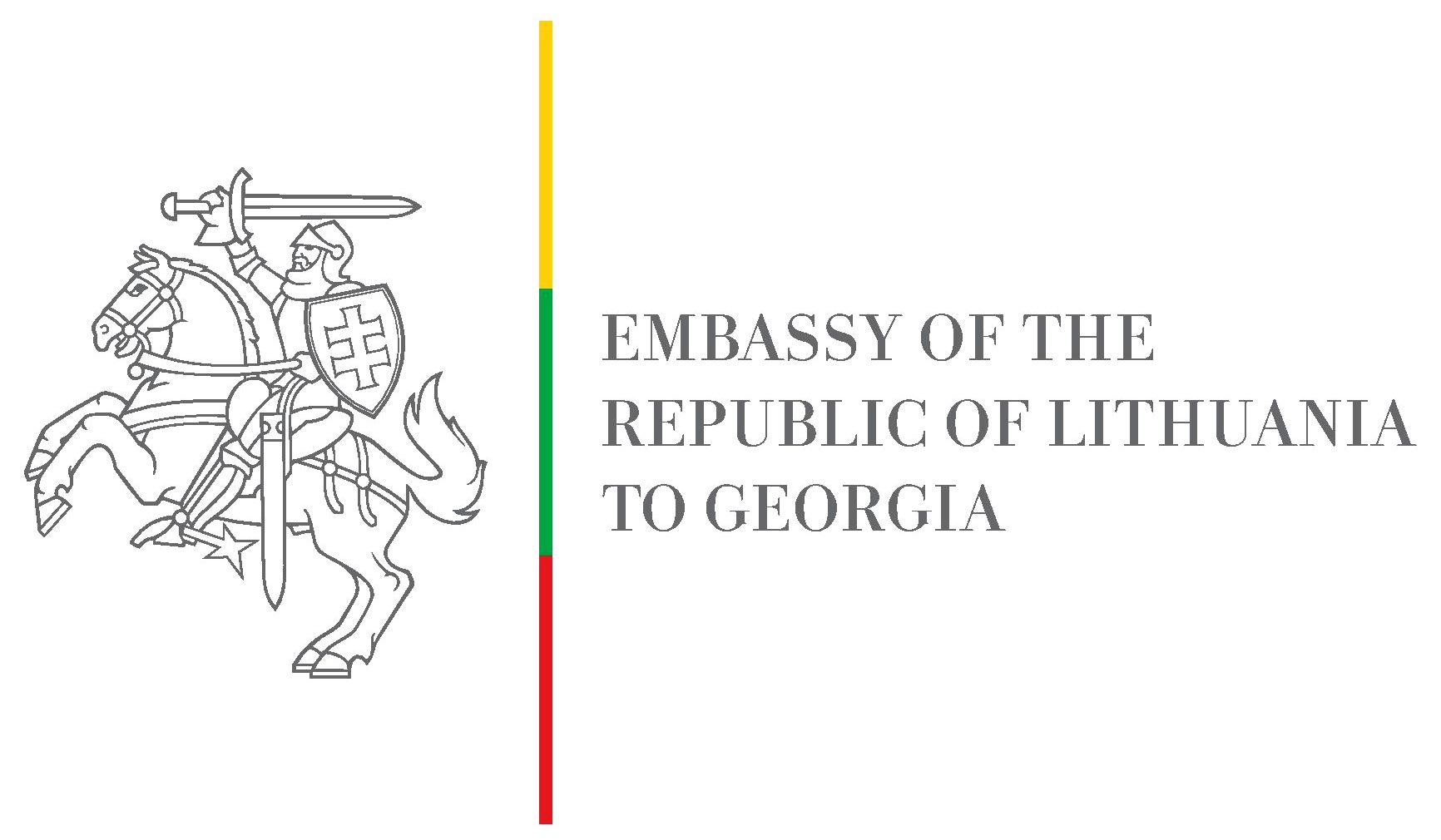
Project is financed by the Embassy of the Republic of Lithuania to Georgia
Full English translation will be uploaded soon.
В памяти и общественном дискурсе, касающемся Абхазии, внимание главным образом сосредоточено на ограниченном количестве "фундаментальных" нарративов, которые прочно закрепились в советскую эпоху и глубоко укоренились как в оккупированной Абхазии, так и в Российской Федерации по отношению к Абхазии. Подход Российской Федерации к Абхазии последовательно и методично построен вокруг этих нарративов, как в 90-е годы, так и сегодня.
В результате «фольклоризации» национализма, осуществленной Советским Союзом, методичного искоренения памяти о демократической государственности Грузии и доминирования этнонационализма в 1980-х и 1990-х годах, в грузинских дискуссиях об Абхазии также преобладала этнонационалистическая перспектива. Историки и политики в первую очередь пытались доказать, какой этнический элемент доминировал в Абхазии в каком веке. Часто эти дискуссии заканчивались спорами об этническом составе Абхазии тысячи лет назад, подталкивая общественность к пре-модерное состояние.
Настоящее исследование фокусируется на трех главных взглядах/мифах/нарративах об Абхазии, которые доминируют в дискуссиях об Абхазии в оккупированной Абхазии, России и самой Грузии. Согласно этим нарративам:
- • До 1921 года борьба абхазских большевиков против Грузинской Демократической Республики одновременно являлась национальной борьбой народа Абхазии за освобождение от грузинского угнетения и должна рассматриваться как таковая с современной точки зрения. Лидер этой борьбы Нестор Лакоба также является одним из основателей современной абхазской государственности. В том же контексте именно эта борьба определяла политические процессы, предшествовавшие установлению советской власти, в центре которых стояли именно этнические разделения.
- • "Установление советской власти в Абхазии" несомненно является позитивным событием в контексте освобождения абхазского народа от грузинского угнетения, и оно произошло в результате "народного восстания". Согласно тому же глубоко укоренившему нарративу, Красная Армия играла в этом процессе некую вспомогательную, а не решающую роль.
- • Шаги, предпринятые лидерами Советского Союза Иосифом Сталиным и Лаврентием Берией в отношении Абхазии (такие, как, например, понижение юридического статуса Абхазии в Советском Союзе и возможное убийство Берией Нестора Лакобы) являются проявлениями грузинского шовинизма, за которые ответственность должно нести именно Грузинское государство. Утверждение о том, что в 1930-х годах Берия переселил несколько тысяч людей из Западной Грузии в Абхазию, что оказало, таким образом, решающее влияние на демографию Абхазии, следует рассматривать в том же контексте. Исходя из всего этого, этническая чистка грузин в Абхазии в 1993 году является исправлением этой исторической несправедливости. Продолжение присутствия российских оккупационных сил в Абхазии необходимо именно для того, чтобы Грузия не повторила это историческое коварство.
В настоящей статье анализируется ситуация в Абхазии до распада Российской империи в 1917 году и исследуются все ключевые политические, правовые и военные события до 1921 года. Цель исследования состоит в инициировании дискуссию вокруг вышеупомянутых нарративов как в общественной, так и в академической сферах, для переоценки фрагментированной памяти и укоренившихся догм, которые возникли в результате и во время длительного советского режима.
В статье выдвигаются три основных положения:
- Этнические противоречия не стояли в центре политических процессов в Абхазии в 1917-1921 годах. Большевистская организация, действовавшая в Абхазии в этот период против Грузинской Демократической Республики, не имела этнического характера. Ее лидерами были как грузины (Исак Жвания, Севериан Кухалеишвили, Амберки Урушадзе), так и Абхазы (Ефрем Эшба, Нестор Лакоба). В то же время политические и силовые структуры Грузинской Демократической Республики в Абхазии часто возглавляли этнические Абхазы (Арзакан Эмухвари, Варлам Шарвашидзе, Григол Зухвбая, Тарасхан Эшба, Василь Гуржуа. Поэтому политическая борьба в Абхазии в этот период развивалась в основном не по этническому, а по политическому признаку. Между Советской Россией и большевизмом, с одной стороны, и Демократической Республикой Грузия и республиканским, демократическим строем - с другой. Одним, но, конечно, не единственным примером этого стало военное противостояние между Красной гвардией Закавказского сейма во главе с Валико Джугели, с одной стороны, и местным большевистским "Революционным комитетом" - с другой 9 Мая 1918 года, в котором местные большевистские силы состояли из местных грузин, а местные абхазы предложили Джугели в помощь 300-тысячный кавалерийский отряд.
- Другой не менее важный факт в том же контексте: в период с 1917 по 1921 год в Абхазии было проведено не менее пяти всеобщих, демократических и конкурентных выборов, в результате которых были созданы и функционировали демократические политические институты до оккупации Советской Россией. Это были выборы в органы местного самоуправления Сухуми и Очамчире летом 1917 года, Всероссийское Учредительное собрание в ноябре-декабре того же года, выборы в Абхазский национальный совет (парламент) в феврале 1919 года, выборы в местное самоуправление (эроба) 1919 года и выборы в Учредительное собрание Грузии в 1920 году. В то же время большевистская организация, действовавшая в Абхазии, являлась составной частью Коммунистической партии Советской России и действовала в координации с большевиками на остальной территории Грузии с целью свержения и дестабилизации демократически избранного правительства Грузии для отмены суверенитета и независимости Грузии в пользу Советской России.
- Установление советской власти" в Абхазии произошло не в результате "восстания", а в результате нападения Советской России на Грузинскую Демократическую Республику, которую она сама признала 7 мая 1920 года, и в результате военной агрессии. В то же время первоисточники по русско-грузинской войне, в том числе директивы 9-й Красной армии от февраля-марта 1921 года, показывают, что местные большевики (в том числе этнические абхазы) не играли никакой роли в реальных военных событиях. Более того, российские военные источники даже не подтверждают существование таких отрядов в контексте войны 1921 года. Напротив, в антиоккупационном движении участвовали многие политические деятели абхазского происхождения, некоторые из которых в итоге эмигрировали вместе с правительством ДРГ, а другие погибли в борьбе против советской российской оккупации (Василь Гуржуа, Джото Шервашидзе, Тарасхан Эшба, Варлам Шервашидзе и другие). В 1921 году Советская Россия оккупировала международно признанную Демократическую Республику Грузия. В результате как в Абхазии, так и на остальной территории Грузии был установлен незаконный оккупационный режим, который не отражал волю местного населения. Руководителями этого режима, одного из самых жестоких тоталитарных режимов в истории, были Иосиф Сталин и Лаврентий Берия. Сам Иосиф Сталин был одним из инициаторов нападения Советской России на Грузию и последовавших за этим репрессий. Единственным политическим и правовым преемником Советского Союза является Российская Федерация. Нынешнее грузинское государство является правопреемником Грузинской Демократической Республики - жертвы той агрессии.
Тот факт, что ни в грузинском общественном дискурсе, ни в научных кругах не было четкого отмежевания от этих фигур, способствует дальнейшему укреплению нарративов, желаемых Российской Федерацией, как в оккупированной Абхазии, так и в остальной части Грузии. Возложение ответственности за действия Сталина на грузинское государство сродни возложению ответственности за действия Никиты Хрущева на Украину или Феликса Дзержинского на Польшу. Тот факт, что международно-правовая легитимность изменений правового статуса Абхазии в рамках советской правовой системы (которые Сталин и Берия также рассматривали как проявление "грузинского национализма") так и не была поставлена под сомнение, лишний раз свидетельствует о глубоком влиянии советского периода на память и инерцию этнонационализма.

